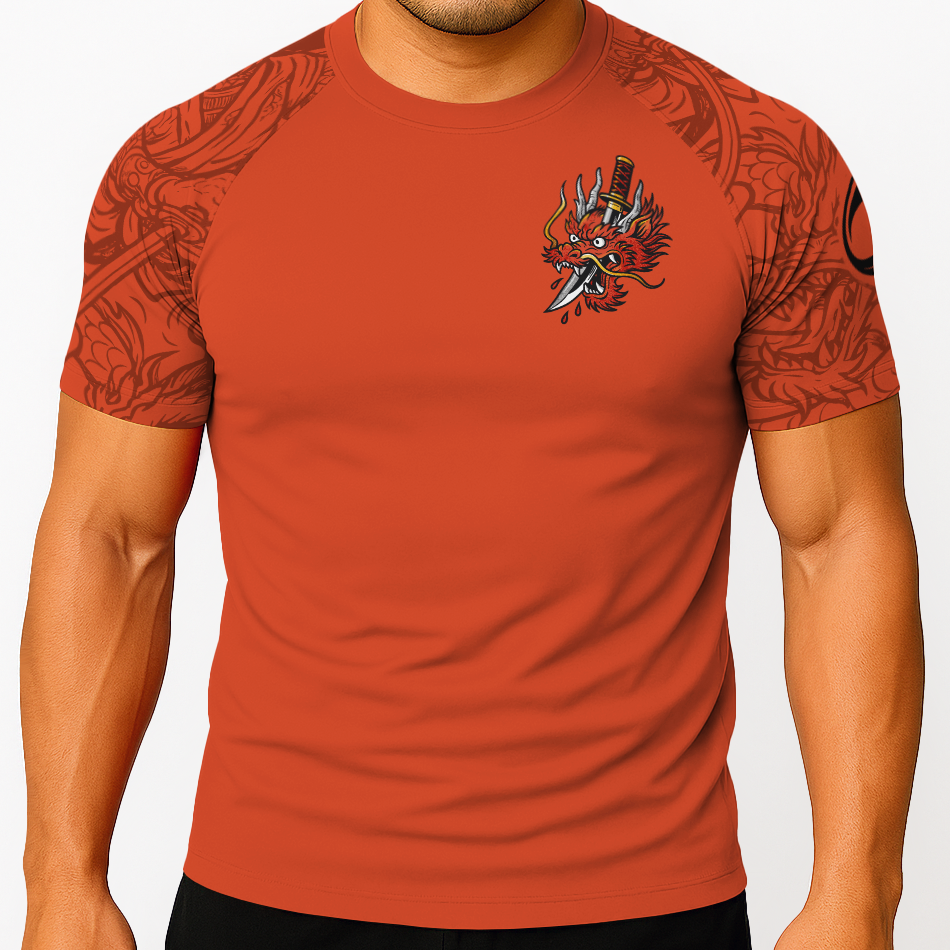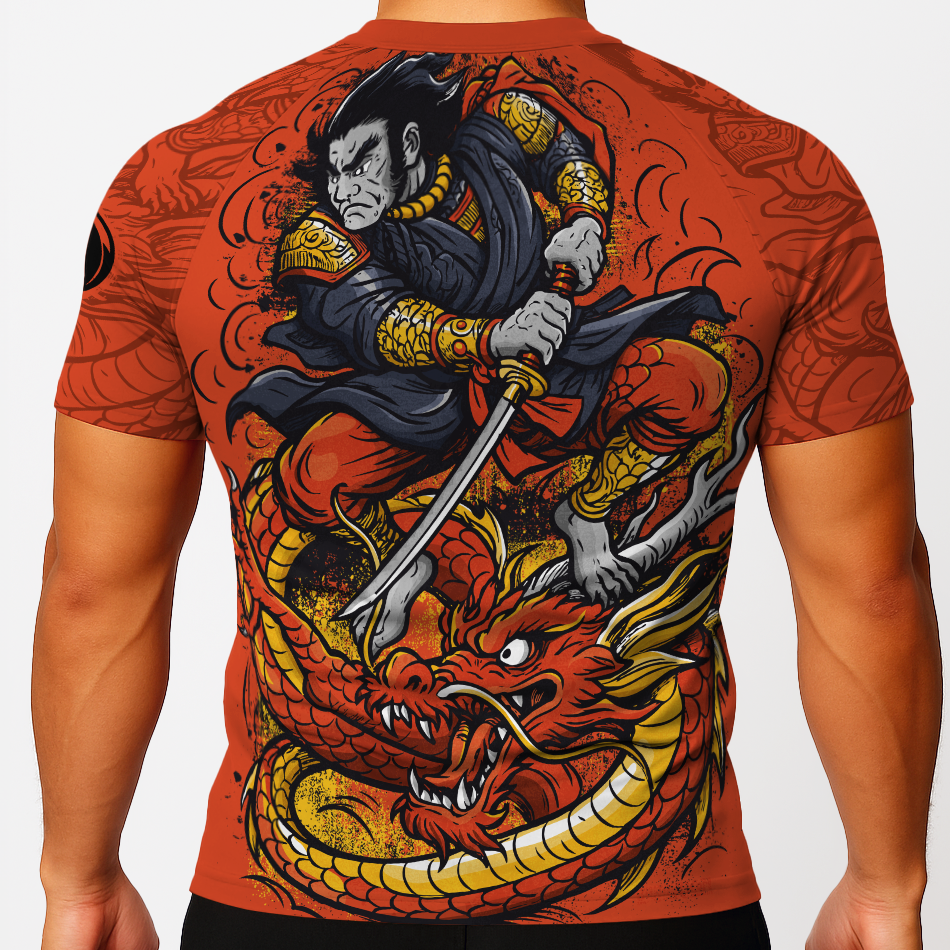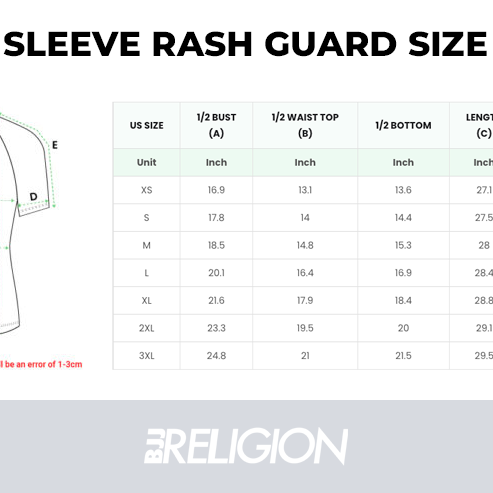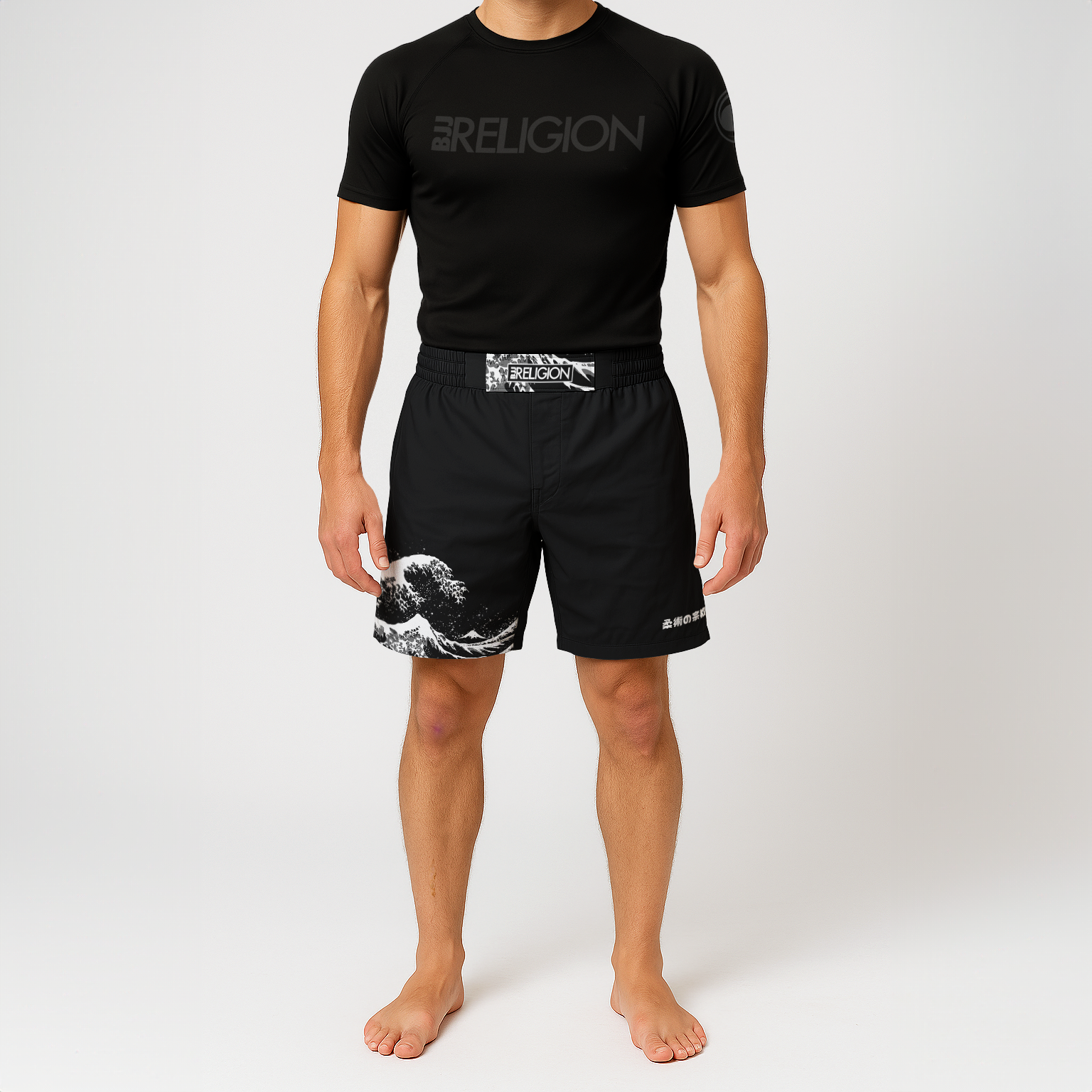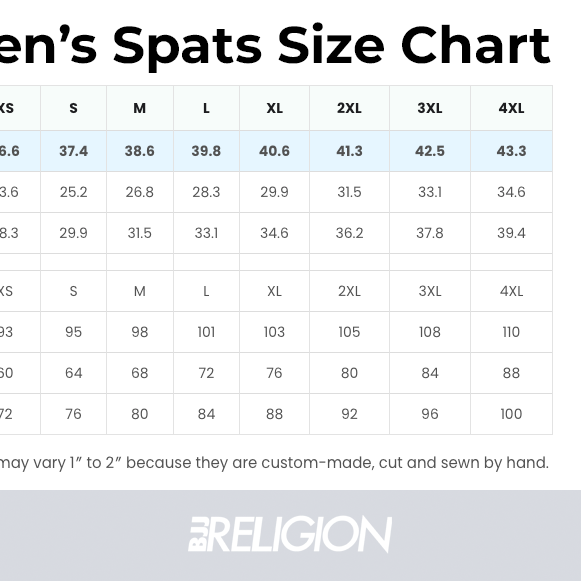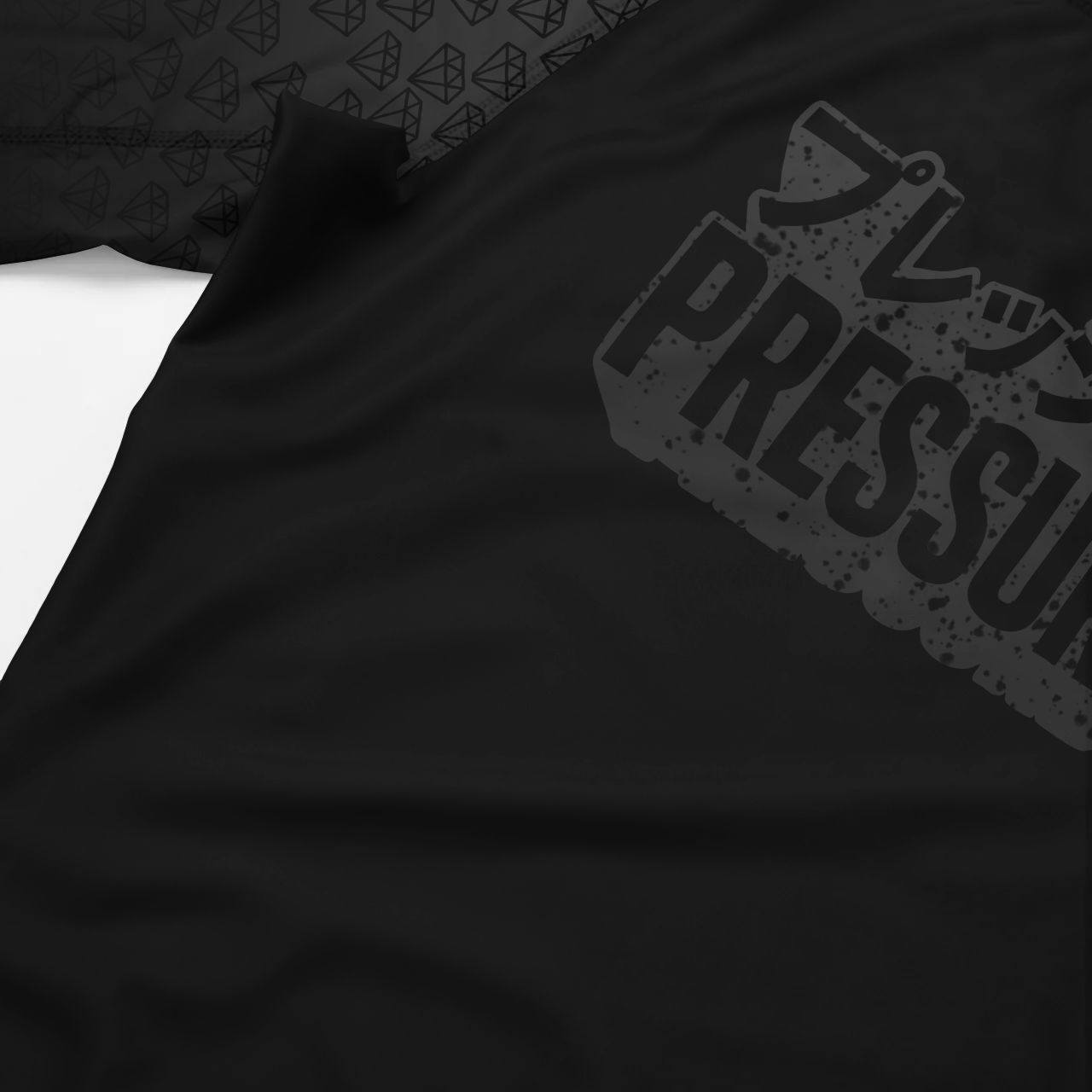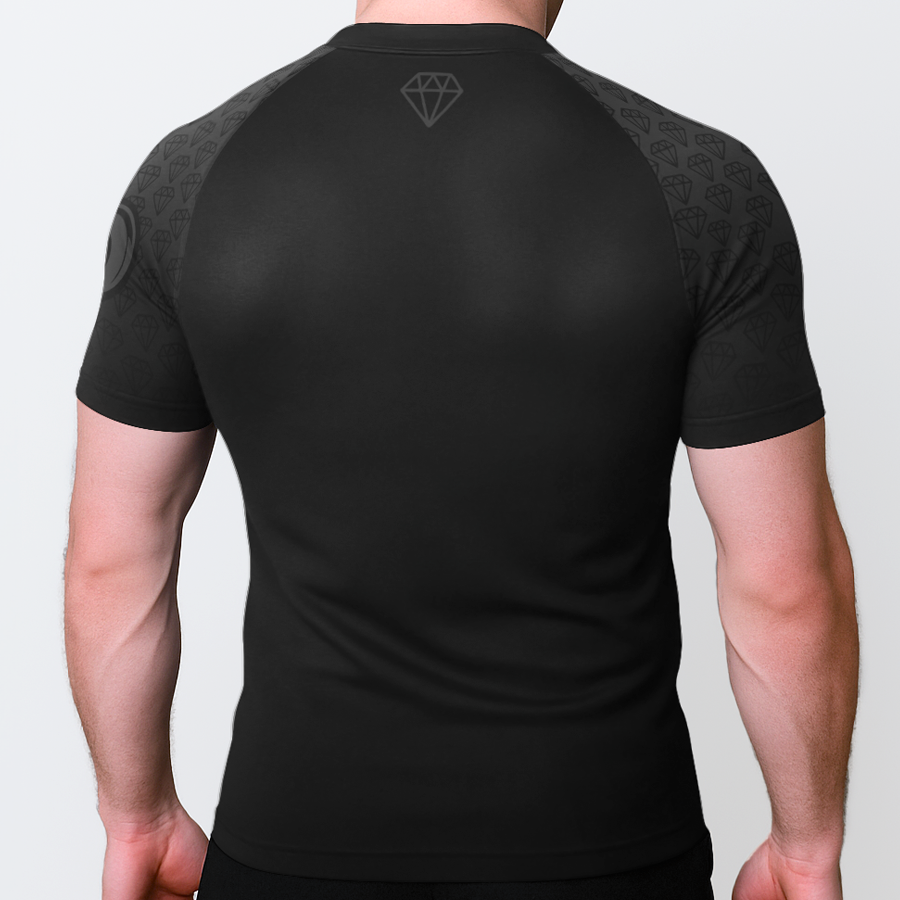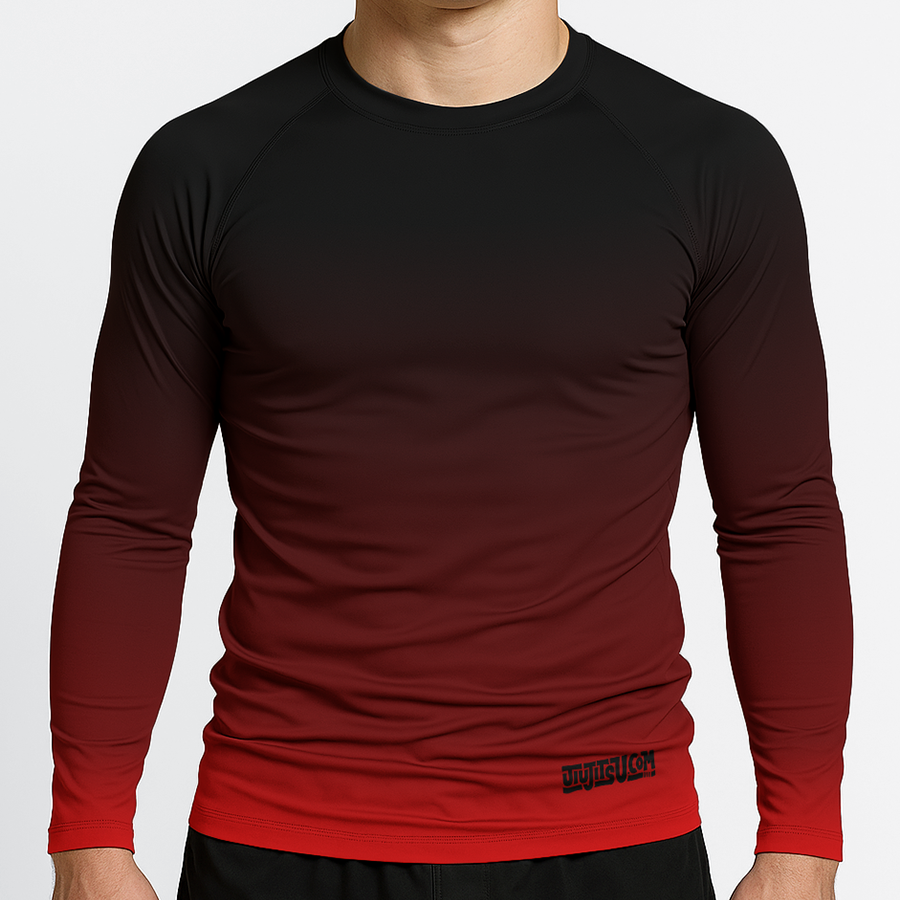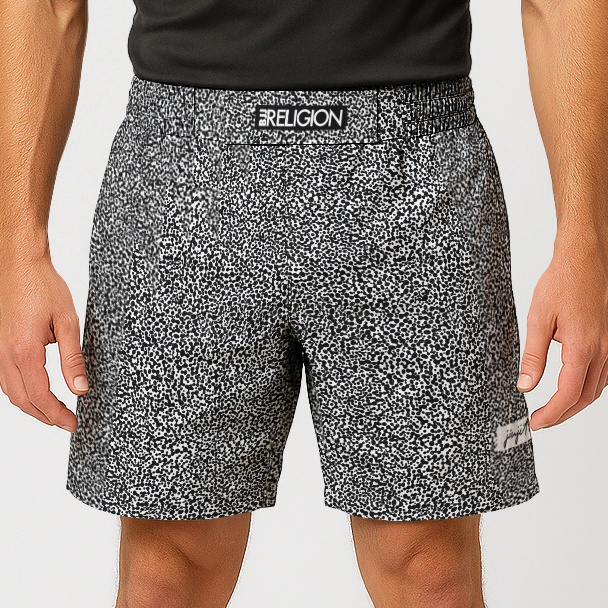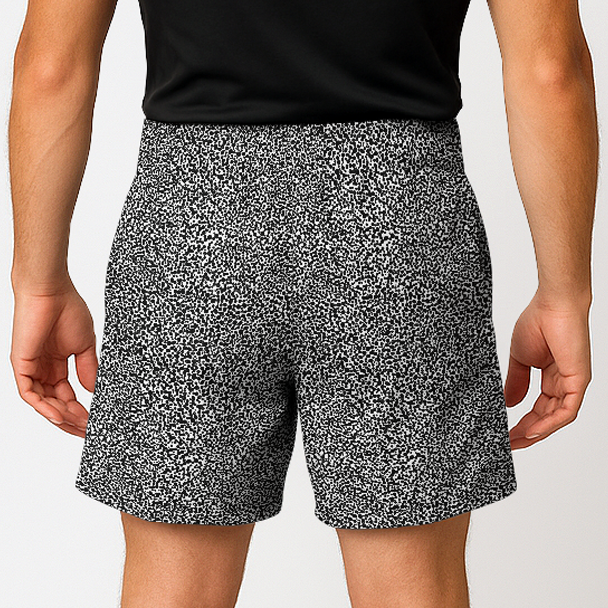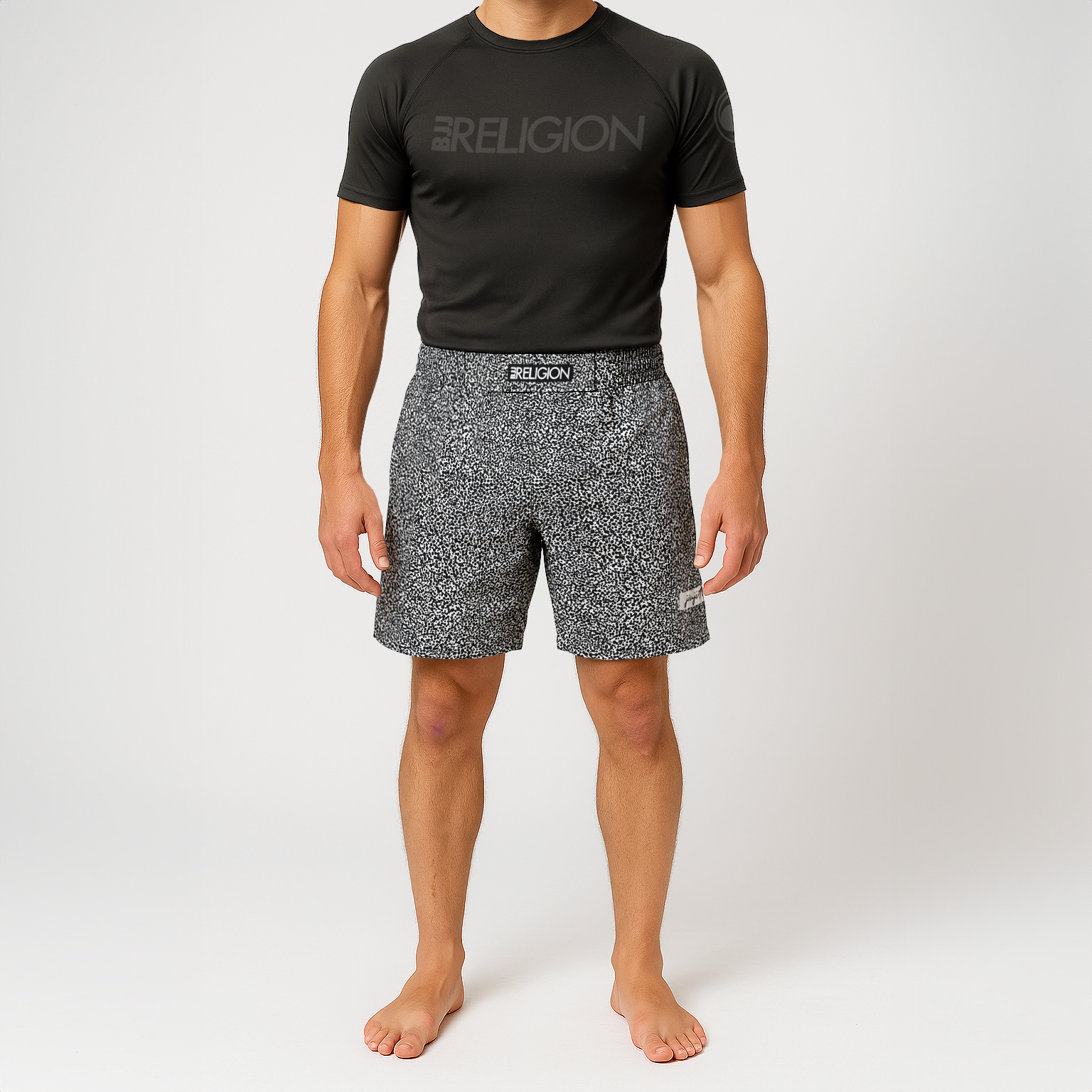Submission Only vs Sport Jiu Jitsu
Submission only BJJ vs points – similarities, differences, and key takeaways
If you follow the competitive Brazilian Jiu Jitsu metagame, you may be aware of the rise of so-called ‘Submission only’ tournaments.
The submission only format is growing in popularity amongst competitors at all level in both Gi Jiu Jitsu and No Gi Jiu Jitsu.
What is submission only BJJ and how does it compare to points tournaments?
In this article, we break down the key similarities and differences between the rulesets and give you the low-down on each tournament format.
What is submission only BJJ?
 Submission only BJJ is a tournament format where points are not awarded for the specific control positions in BJJ and the players theoretically only win if they get a submission.
Submission only BJJ is a tournament format where points are not awarded for the specific control positions in BJJ and the players theoretically only win if they get a submission.
Unlike points tournaments in BJJ, submission only places less emphasis on maintaining position, and more emphasis attacking submissions.
Because points are not awarded for positions like mount, side control, or back control, players are more incentivized to risk a good position to go for a submission attempt.
The only way to definitely win a submission only match is getting the actual tap.
What is points BJJ?
 Points BJJ – or Sport Jiu Jitsu is the more traditional BJJ competition format. In points tournaments, players are awarded specified amounts of points for takedowns and sweeps, guard passes, and securing control positions.
Points BJJ – or Sport Jiu Jitsu is the more traditional BJJ competition format. In points tournaments, players are awarded specified amounts of points for takedowns and sweeps, guard passes, and securing control positions.
Regardless of the current score on the board, if a player submits the other player, they win automatically regardless of how far behind on points they may be.
On the other hand, if neither player submits, the player with the most points wins.
In the event of a tie, there may be a win by ‘advantage,’ which is often a slightly subjective call by the referees or judges. Nevertheless, most of the time, the points are not tied and there is a clear victor.
The pros and cons of each ruleset
One of the biggest appeals of submission only is that it is more exciting to compete in and watch. When players are not given points for position, the only benefit of good position is the availability of higher percentage submissions.
For example, back control, which often scores 4 points in traditional rulesets, is primarily desirable in submission only because of the rear naked choke and other great submissions.
As such, if a player secures a good position, they are less likely to stall, which increases the overall action and pace of the match, resulting in more frequent submission attempt exchanges.
While there is no denying that control is a key skillset in BJJ, awarding points for control can result in players being less willing to risk their winning position on the scoreboard to attack a submission.
After all, points victories and submission victories are both weighted the same after the fact, even though a submission victory is still more respected. Players who care primarily about the win itself might focus on racking up points as opposed to attacking submissions.
What if nobody submits by the end of the time?
One of the primary downsides of submission only BJJ is that often, there is no submission.
Submitting is hard, and when the skill level of each player is similar, the chances of one player getting the submission win is lower than you might think.
As such, submission only matches that do not end in submission can be more difficult to determine a winner.
Option 1: Tie
One option is to simply call it a tie in the event of no submission, regardless of which player spent more time in control positions.
Option 2: Decision
The second major option is a subjective referee or judge decision, similar in some ways to an MMA fight that doesn’t end in a knockout or submission.
Judges may award victory to the player with more submission attempts, which is a common criteria for victory in submission only referee decision outcomes.
Sometimes, judge decisions award the ‘more dominant player’ the victory. This can sometimes be subjective, but frequently goes to the player who spent more overall time in dominant positions. With this judging criterion, the matches essentially become points tournaments without an official score.
Option 3: Overtime
One additional option is overtime in the event of a tie. This can be a ‘first takedown, sweep, or submission wins.’
The second commonly used overtime format is EBI, which stands for ‘Eddie Bravo Invitational’ in reference to the original tournament that implemented this ruleset.
In EBI overtime, players take turns starting with dominant position, which is typically either back control or ‘spider-web,’ which is essentially starting in a traditional top position armbar setup.
Players get a total of 3 overtime rounds in EBI. If both players submit or escape the position, the player with the fastest total submission time or fastest total escape time wins after adding up each player’s respective time at the end of the third round.
If one player submits the other player in a given EBI overtime round but the other player fails to submit, the submission automatically wins and overtime stops, even if it’s the first overtime round.
The overall comparison of submission only versus points is as follows:
Submission only:
- More exciting
- Awards submission attempts over position
- Can result in subjective victories in the event of no submission
Points:
- More often results in a clear victor
- Gives more credit for the control aspects of BJJ
- Can incentivize players not to attempt submissions
- Often less exciting than submission only
Submission only versus points BJJ: the bottom line
Both tournament rulesets have a distinct place in the competitive BJJ scene.
Submission only matches are often featured separately in 1-on-1 match events.
Points tournaments are more common in general tournament brackets with multiple competitors vying for the same gold medal.
While there are pros and cons to each ruleset, in the modern era of BJJ, dominant competitors will typically want to prove themselves in both styles of tournament.
Regardless of your goals in Jiu Jitsu, if you want to compete, you should consider trying both formats and seeing which you find more fun and exciting.


